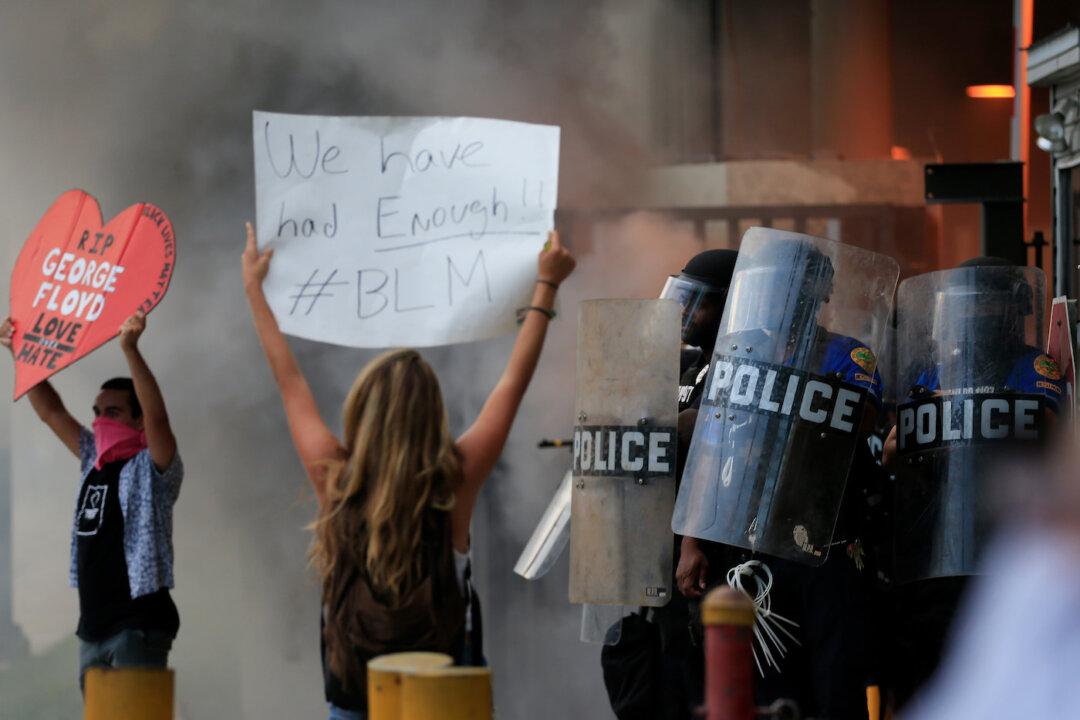A federal judge has temporarily blocked Florida’s new “anti-riot” law championed by Republican Gov. Ron DeSantis, saying it violates First Amendment rights.
U.S. District Judge Mark Walker on Sept. 9 didn’t rule the entire statute likely violated the U.S. Constitution, but found that the state legislature’s new definition of the word “riot” was too vague and confusing to satisfy free-speech rights guaranteed under the First Amendment.





